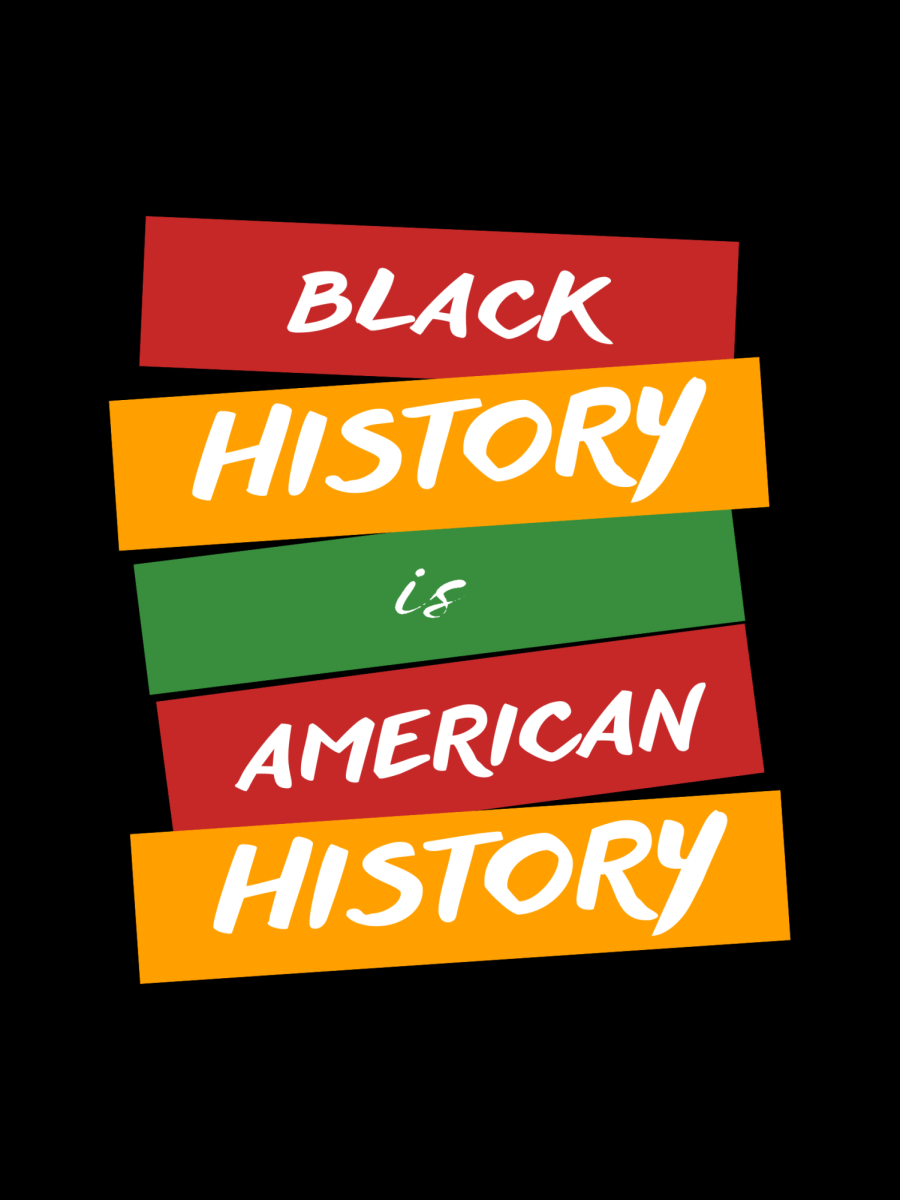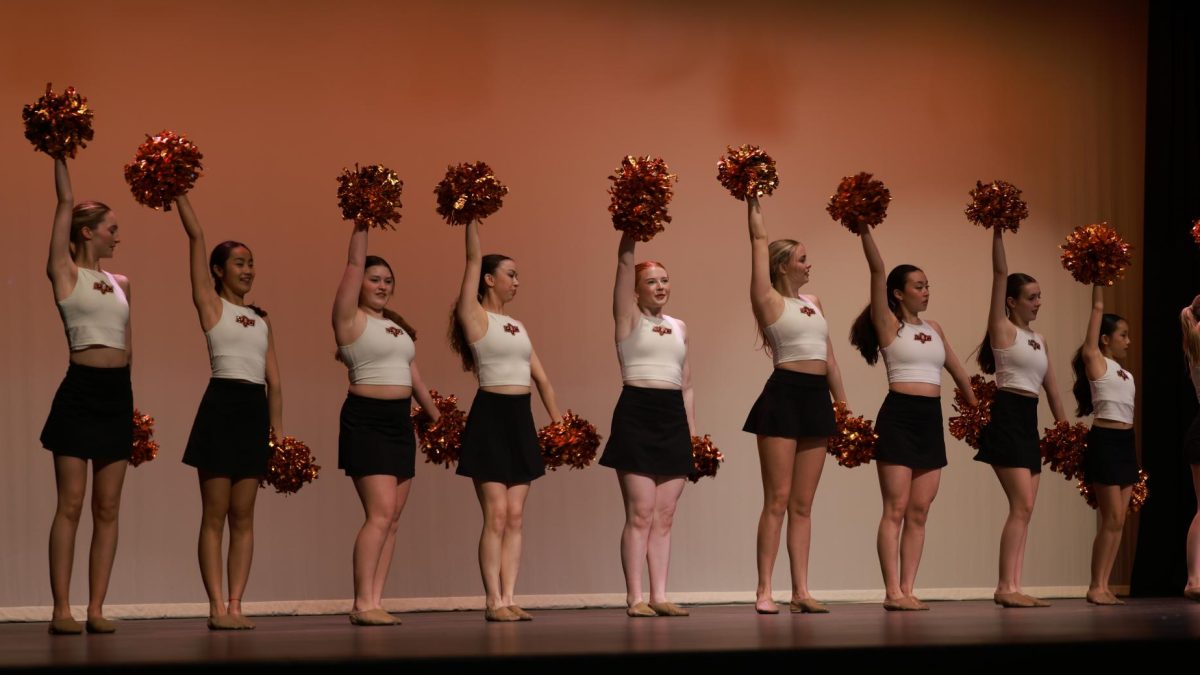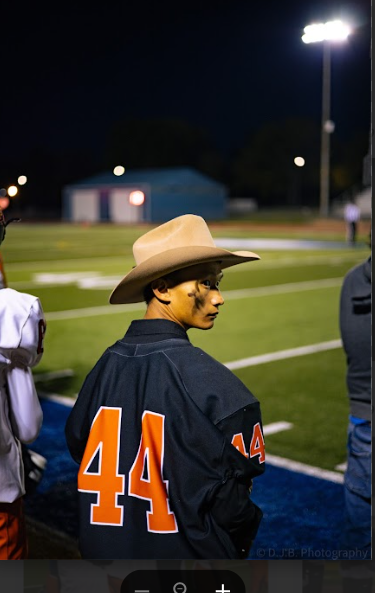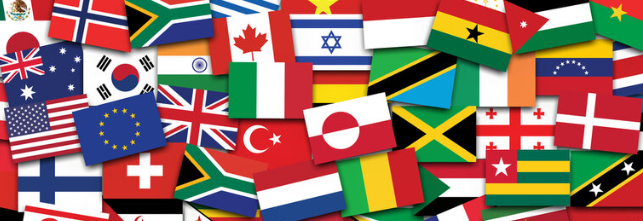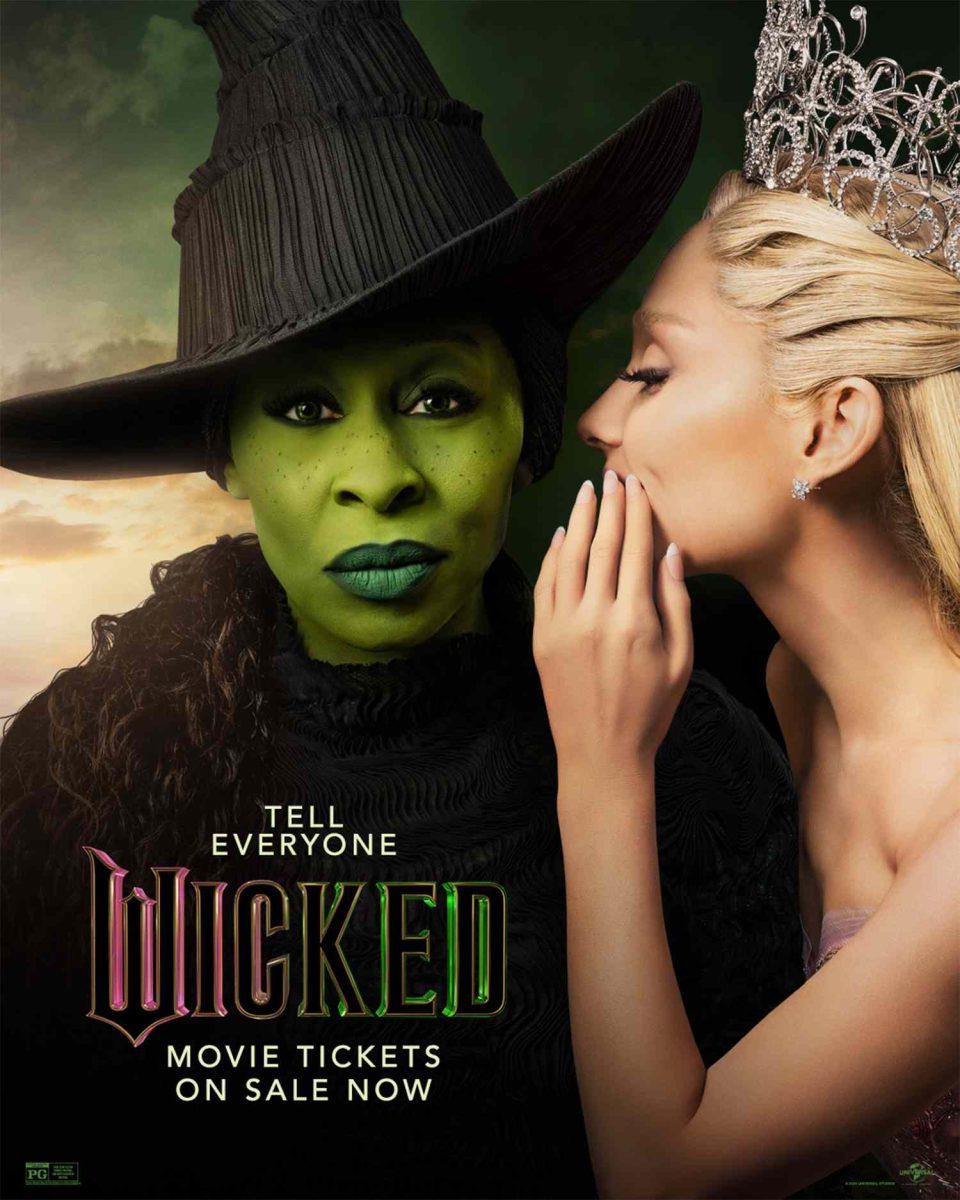Black. History. Month. It was a month that was created to recognize all of the struggles of Black America. The month was meant to finally highlight black excellence after it had long since been disregarded by the country that they had been born in, raised in, and even died for.
How do I feel about the month myself? In what ways do I feel about its many attempts to try to finally give recognition to that resilient and strong-willed ingenuity known as Black excellence? I honestly can’t tell you that. I don’t know, honestly.
Black History Month is very much a strange and turbulent experience for me. An experience where you can’t tell if it has infuriated you to your very core, rejuvenated you with a newfound sense of pride and determination, or if it has made you utterly numb inside. That is what this month means to me. Or at least what it doesn’t mean to me. This is what it has been for probably many other African Americans, who have also felt these conflicting emotions that have been clashing inside their very soul throughout this month.
I have always tried to ask myself this question: why do I and so many other African Americans feel this particular way about this month that was meant for us to celebrate our strength and our courage, our power and our uniqueness, and most importantly, our history? But the answer is standing right in all of our faces: it’s clearly just not enough anymore.
Black History Month can trace its roots all the way back to Negro History Week, as it was conceptualized by Harvard historian Carson G. Woodson. He launched it in the second week of February in order to coincide with the birthdays of Fredrick Douglass and Abraham Lincoln. Carson G. Woodson and his group, the Association for the Study of Negro Life and History, founded the week as a way to showcase the contributions that African Americans have made throughout history, that had been unacknowledged by a prejudice and discriminating America.
It finally gave Black people a chance to learn more about a history that had seem had to be erased, to be proud of their heritage.
But, nearly 100 years later, despite what Black History Month has accomplished in managing to establish a sense of pride and inspiration for Black people, it’s clear that there still needs to be more.
While Black History Month has managed to allow for a acknowledgement of the Black excellence that I have constantly been repeating, it seems that now, it has become compeletely sequestered within one little month of the year. And a month can only do so much to teach people about the prominent Black figures within American history, as the rest of them have been disheveled, forgetten. I mean, have you ever been taught about the first African American woman to earn her aviator’s license, Bonnie Coleman? Or Garret Morgan, who had saved countless lives with the invention of the three-way traffic light system?
I’m not saying that there should not be any drastic upheavals within the way that American history is taught within schools. But what I’m saying is that all of Black history should not be attached to one little month within the year. It shouldn’t just be brushed off after that. We should learn about these great African American individuals that have had such a profound and unique impact on this country, even after this month has passed.
Black. History. Month. How do I feel about it again? I guess…I just feel that it’s just not enough now. I’m dissasatisfied by the fact that it has forced the entirety of African American heritage into a tiny little corner within the year. We need much more than that. After all, Black History is American History.








